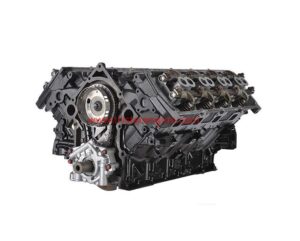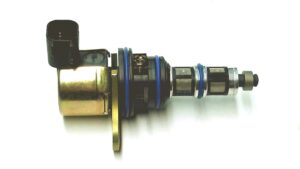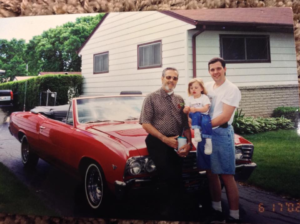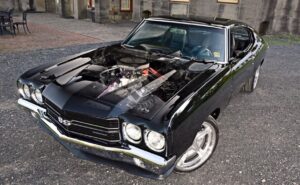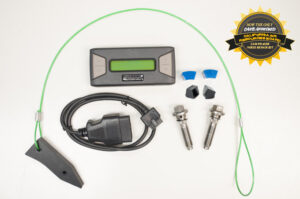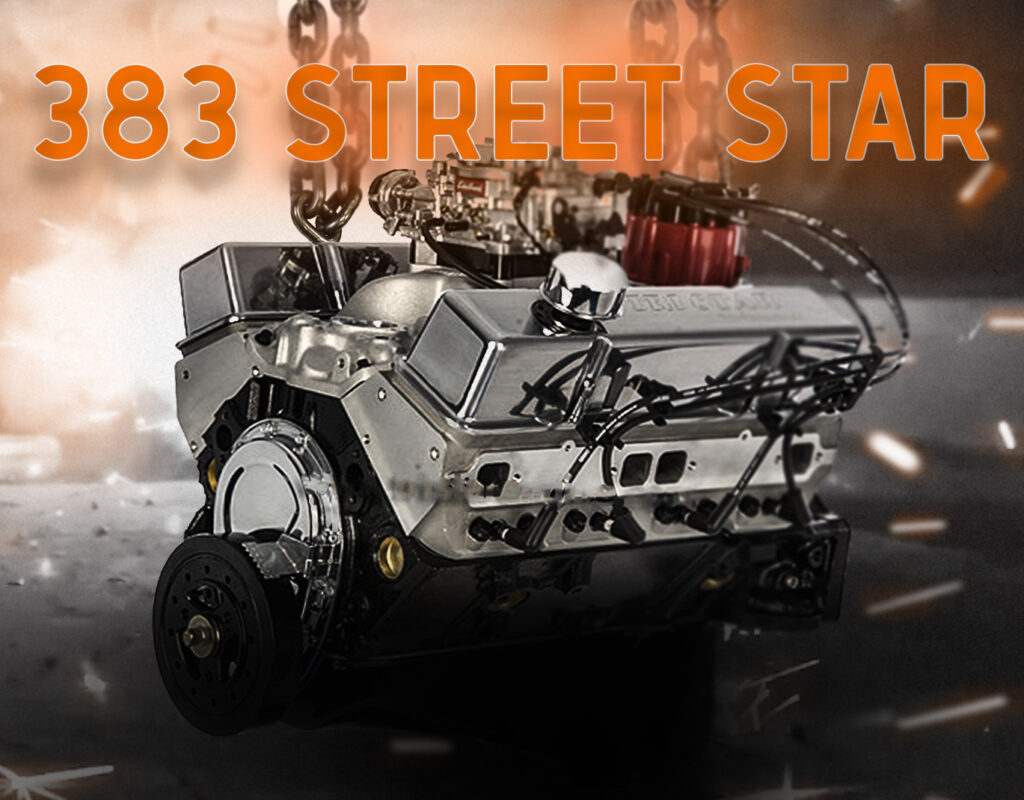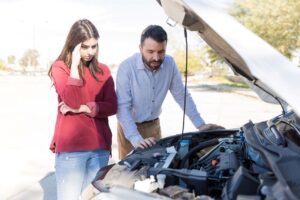
You've been through everything with your vehicle; that road trip out west, commuting to your big new job, driving through bad weather, going to family occasions, taking the boat out for a day on the lake, you get the point. This thing has never let you down, and you know the majority of its maintenance history. The best part is, it's paid for! That's right, no car payments, leaving you plenty of additional income for fun and hobbies. You love your vehicle, but after many miles and memories, its engine starts to get tired until suddenly one day, the engine goes and your vehicle is now in need of an engine replacement. You may be asking yourself, "what the heck do I do now?"
You could try to scrape some money together for a down-payment on a new car, buy a beater car to get you by, or maybe take out a small loan for a newer-used car. No matter what you choose, you know it's going to cost you money. But what about those new ball joints you just had installed? Or just this past year you had all new brakes put in? Don't forget that expensive set of new tires you just purchased after you replaced the suspension this past summer.
Let's explore the options:
Option A: Scraping some cash together for a down-payment on a new car.
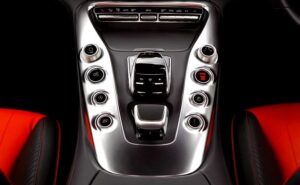
You weren't prepared to drop a chunk of change on a down-payment right now, but you did have that money set aside for a family vacation this summer. That should help cover part of it! After all, the family vacation can wait another year or two. Then you can try to sell your current vehicle as a "mechanic's special" on Craigslist or Facebook Marketplace for $500, there's a little more money, although it could take a while for the right buyer to come along. Now maybe you can just borrow your aunt's Buick for a few weeks, two-months tops until you can come up with the rest of the funds needed. It's not ideal, but surely you could make it work. During that time, you might even ask your boss for a small raise, knowing that you are about to take-on a car-payment and higher insurance rates. Or maybe you just give up some of your hobbies and going out to offset the cost.
Option B: Buy a beater.
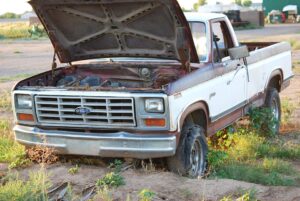
Perfect. You can take the extra few thousand dollars you have set aside and just get something cheap to get by for now. There are plenty of used cars out there for under $5,000 (and you know it because of the hours a week you spend browsing Facebook Marketplace). Plenty of running and driving cars ready to go. You could still sell your broken-down vehicle for a super cheap price to someone as a "mechanic's special". You can drive this car for a few years until you can afford something a little nicer again, nice like your old car was. Why wouldn't you do this, right? Plus, the few sellers you've been messaging assure you that the car has been taken care of, and only driven by a little old lady. Nothing to worry about!
Option C: Take out a loan for a newer used car.

A brand-new car might be a tad out of budget at the moment, but a car that's only 4-5 years old is about 40% cheaper than buying new! This sounds great. The few cars you've looked at are all a little under 100,000 miles, and have only had 3-4 owners, what could possibly be worn out a relatively new car? You're still going to have to shell out some extra cash every month for a payment, but newer is better, right? Surely this is the best option.
Let's talk about option A again. You were in a pretty good financial standpoint before, but now you are considering taking on an extra $400-$700 a month in payments between your loan and higher insurance costs. Along with this, you need to consider potential maintenance down the road.
Okay, how about Option B? Buying a "beater" seems reasonable, and plus the seller assures you that it's been well taken care of. If you are a gambling man or woman, this might be a good option for you. But the truth of the matter is, you never know what you are going to get buying a well-used car. Many private-party sellers claim their car has been well taken care of or was "owned by an old lady". Many of these statements end up being false. You need to be careful of statements like this without paperwork to back it up. You also need to consider any maintenance that the used car might need. It may run well and look decent, but vehicles under $5,000 often need a laundry list of maintenance work to be done on them. You might find yourself replacing brakes, front-end steering components, and suspension components. Maybe even fluid changes. Don't forget you will have to soon change out the tires that are currently at 40% tread left. Next thing you know, you find yourself with thousands of dollars in repairs needed in order to keep the vehicle in safe driving condition. Of course, we understand not all vehicles under $5,000 are junk. Let's say you find a vehicle where the owner has completed a list of maintenance, including new tires, and it appears to be a great deal. You still do not know the complete history of the vehicle, and the engine could end up going out on you unexpectedly a month later or a year later. A used car is like a box of chocolates, you just never know what you're going to get...
Fine Tri Star, let's talk about option C, apparently, that's the choice you think is best. Well, actually no. Many times buying a vehicle that's only 4-5 years old with around 100,000 miles or so can cause just as many headaches as a "beater" car. A lot of vehicles, regardless of age, start to require their first major series of maintenance around 100,000 miles. If it hasn't already been completed, things like; brakes, ball joints, tie rods, shocks and struts, and gaskets start to near the end of their life on a vehicle and need to be replaced as part of regular maintenance. Now, not only are you stuck with a car payment and higher insurance rates described in option A, but also the potential for costly maintenance and repairs laid out in option B.
Okay, what am I supposed to do then?
Luckily there is a cost-effective option - engine replacement.
Although you have the choice of buying a used engine if you decide to go the route of engine replacement, we strongly discourage this for several reasons. When you buy a used engine, you are getting no maintenance history of the engine itself, the mileage on the engine is questionable, if there is a warranty it's usually only 30 days on average (if there is one), and there is no increased value of your vehicle after spending the money on a used engine. This is a gamble that could leave you stranded yet again, and bring you back to square one. What we strongly encourage you to do is purchase and install a remanufactured engine.
All of that time and money you put into your trusty vehicle before it broke down doesn't have to go to waste! If you decide on engine replacement, putting in a remanufactured engine is something that cost-effective both short-term AND long-term. With a remanufactured engine from Tri Star, you are getting a virtually brand-new engine with 0 miles on it. All of our remanufactured engines come with warranties unmatched by any option available, up to 3 years with unlimited mileage. We also offer no-fault warranties for many of our engines, which means you don't have to worry if something happens to the engine even if it's your fault. All of our engines are also built "better-than-new" with updates to correct any defects the engine may have originally had from the manufacturer. Typically, remanufactured engines will run you anywhere between $2000-$4000 (on average). When you consider spending the same amount on a cheap used car that might need an additional couple thousand dollars of repair, it would only make sense to replace the engine in your current vehicle. Between having 0 miles on it, and having transferable warranties, a remanufactured Tri Star engine is sure to help increase the value of your vehicle as well, should you ever resell it!
We hope this article helps ease your mind on what option to choose if your engine has taken a turn for the worse. Knowing that different situations may call for different options, a remanufactured engine may be just what you need to cure the financial headache that can be caused by a failed engine. We have experts in-house ready to answer any questions that you might have on your next steps to getting your vehicle back on the road.
Search by Year/Make/Model for replacement drivetrain components HERE
Continue Reading






